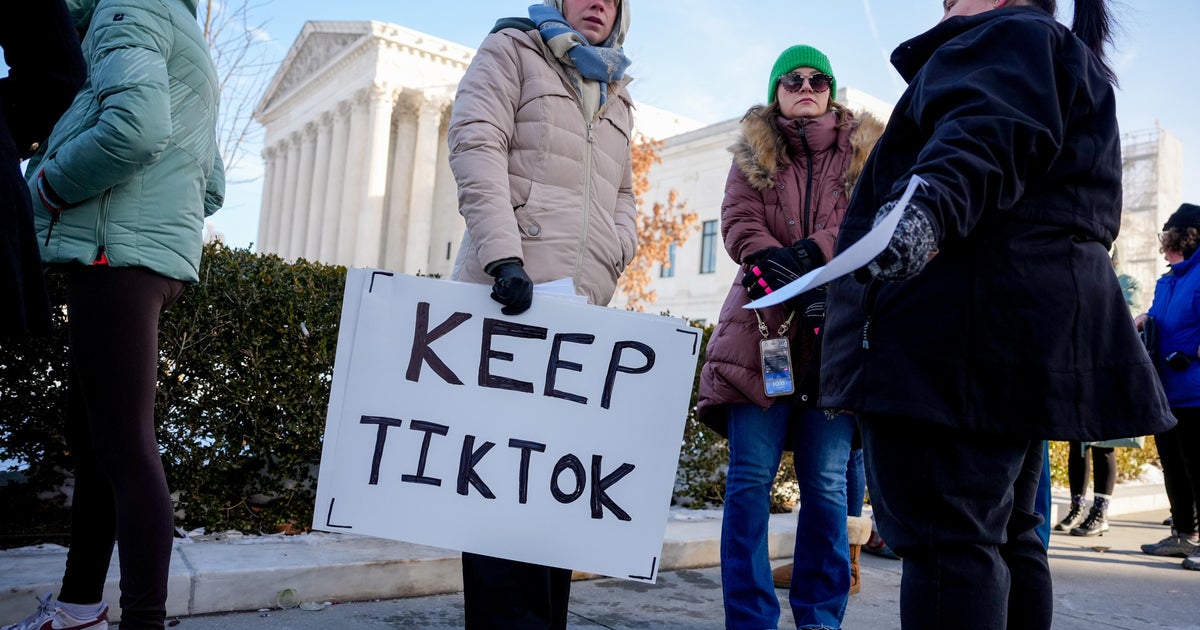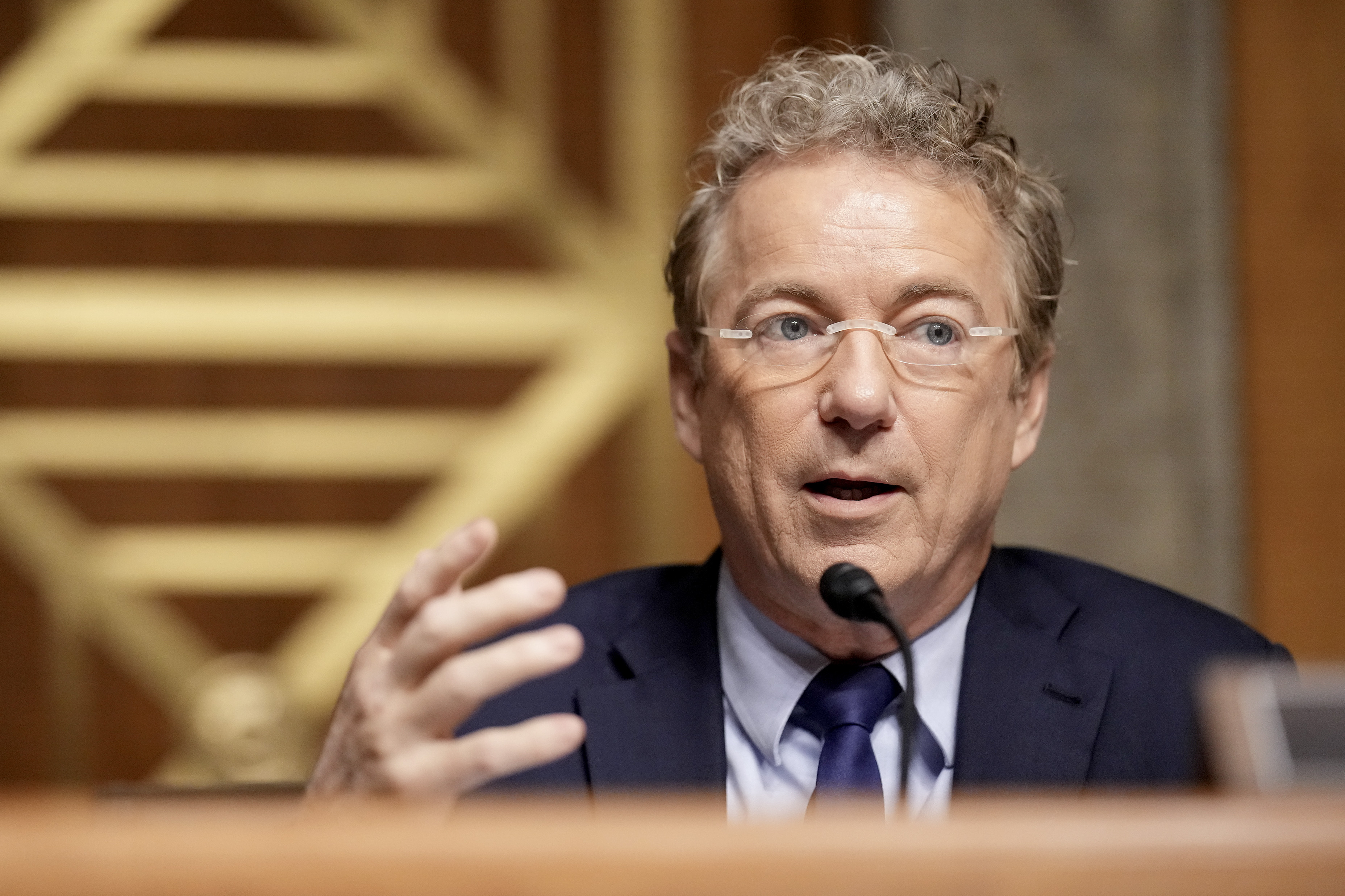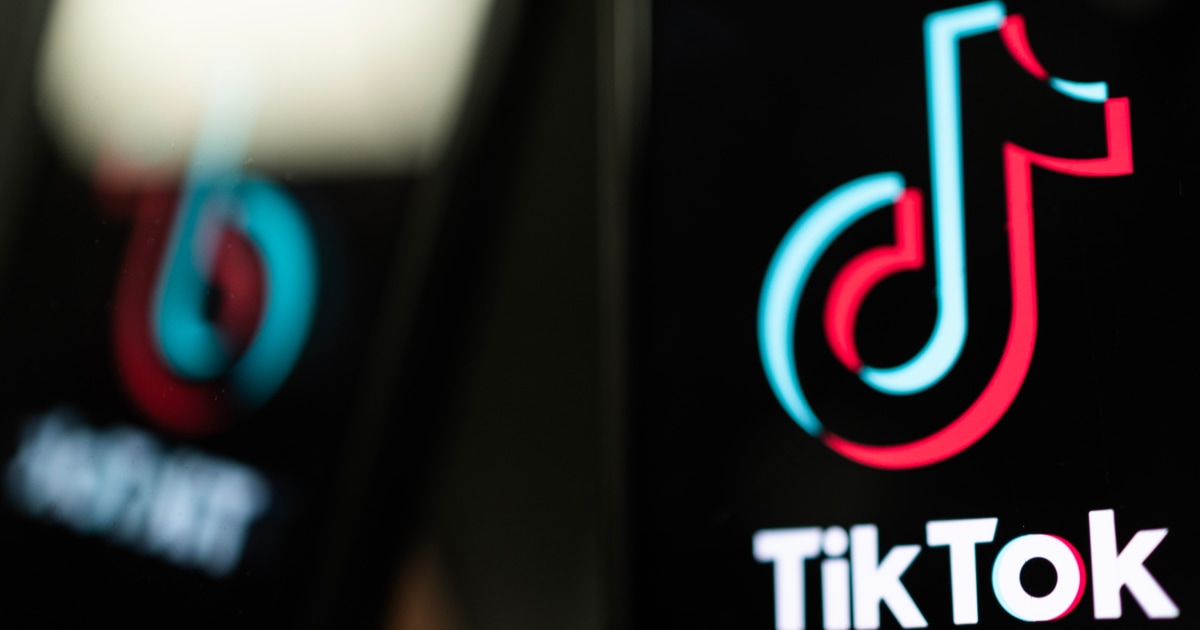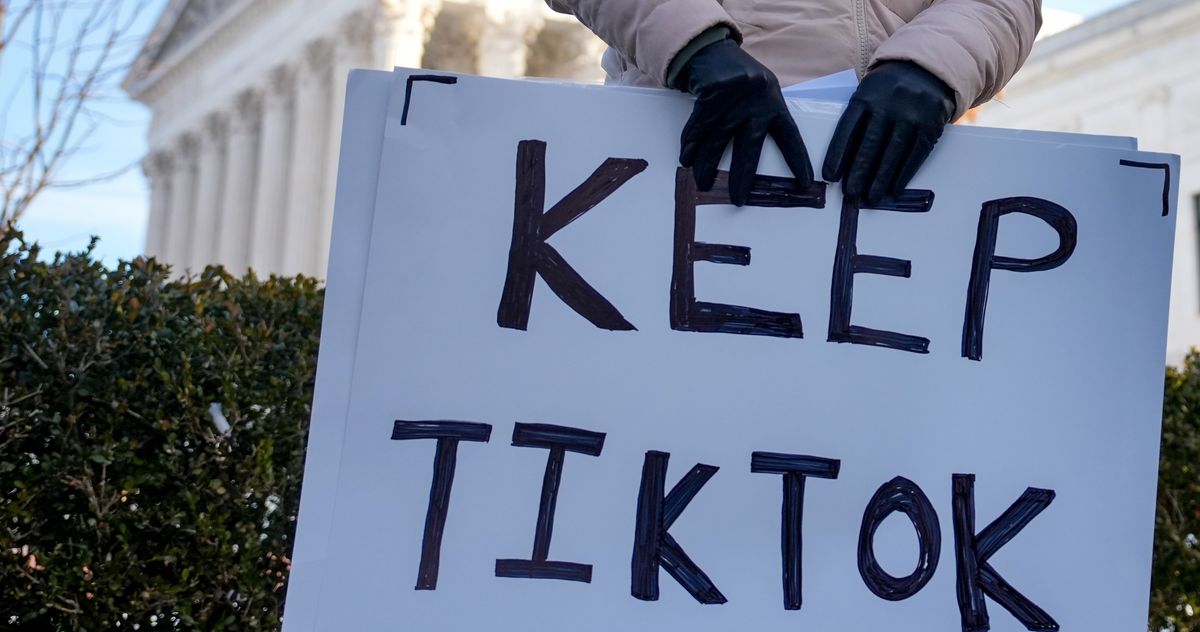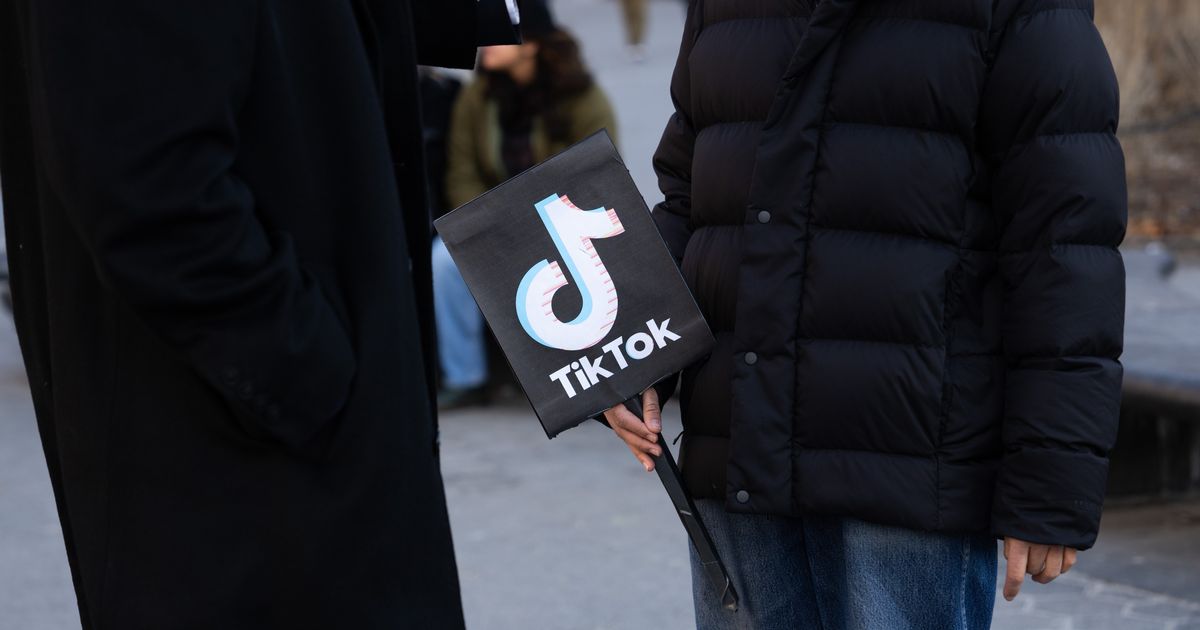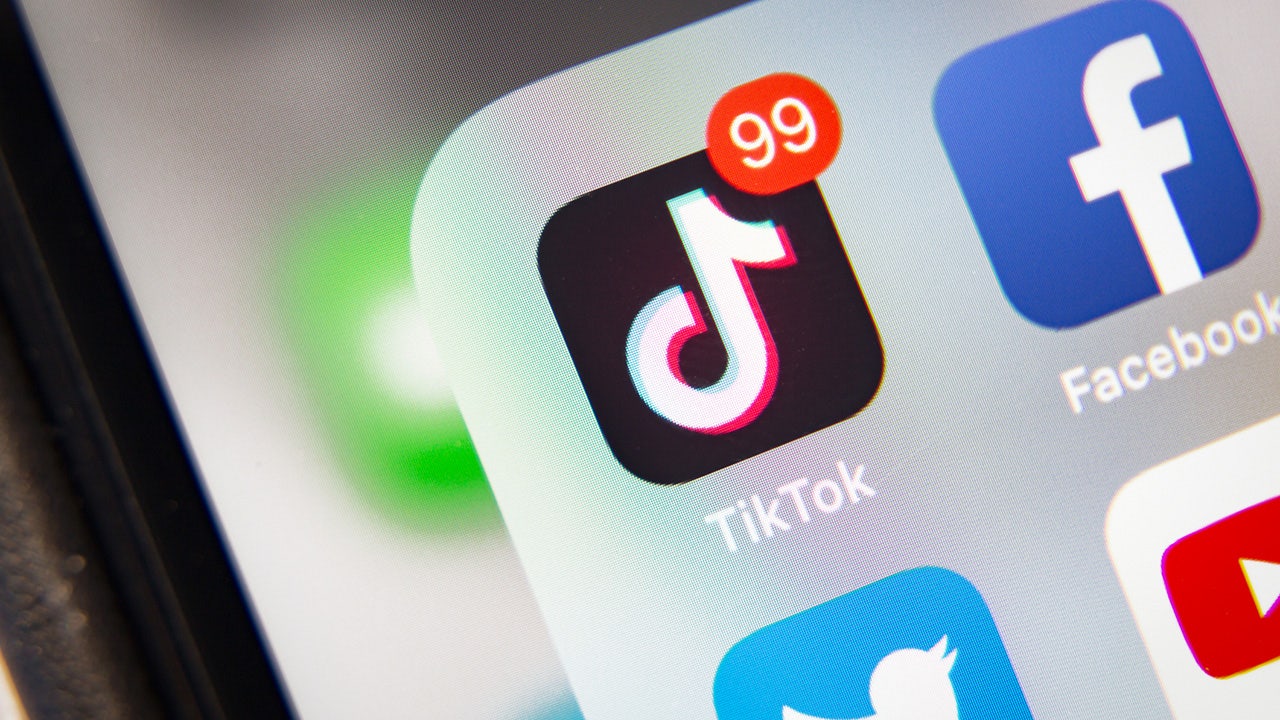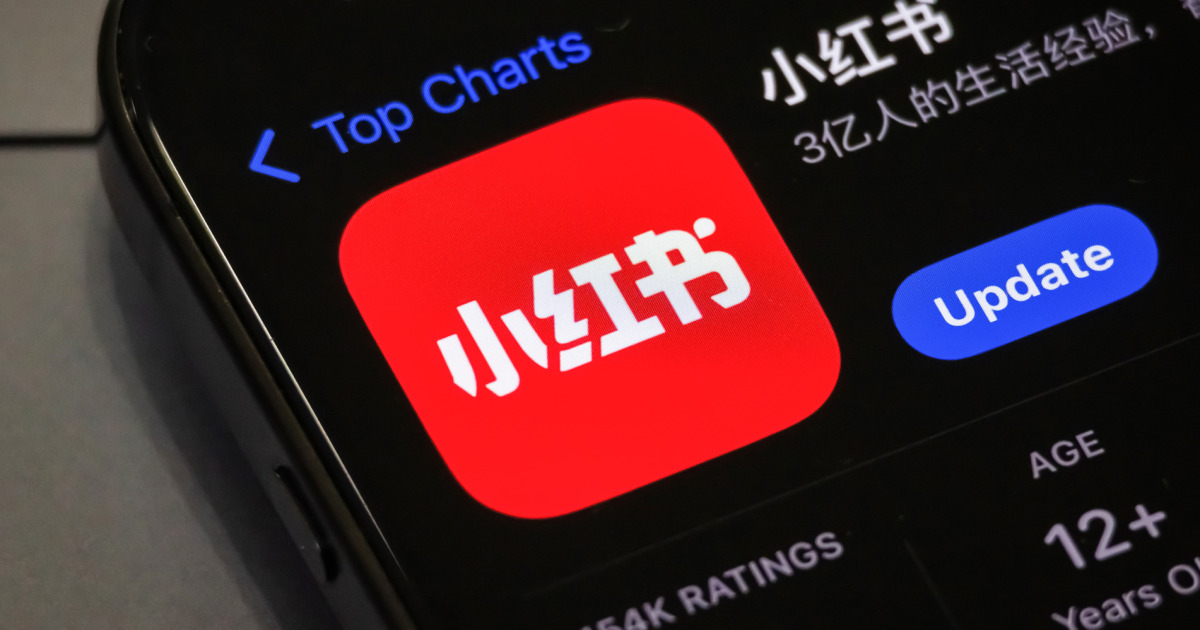Future of TikTok in Limbo as Supreme Court Upholds Ban
Amidst national security concerns, TikTok faces a possible ban in the U.S., leaving millions of users and creators uncertain about the platform's fate.
Subscribe to unlock this story
We really don't like cutting you off, but you've reached your monthly limit. At just $5/month, subscriptions are how we keep this project going. Start your free 7-day trial today!
Get StartedHave an account? Sign in
Overview
The U.S. Supreme Court has upheld a law that may ban TikTok, starting January 19. This ruling causes uncertainty among creators and influencers who rely on the platform for income. While President Biden's administration has chosen not to enforce the ban, the responsibility now rests with the incoming Trump administration. Creators express concerns about losing their primary income source, while some are moving to alternative platforms like RedNote as a potential solution. Experts warn that similar bans could extend to these alternatives if they also fall under the same ownership concerns.
Report issue

Read both sides in 5 minutes each day
Analysis
Analysis unavailable for this viewpoint.
Articles (27)
Center (18)
History
- This story does not have any previous versions.



